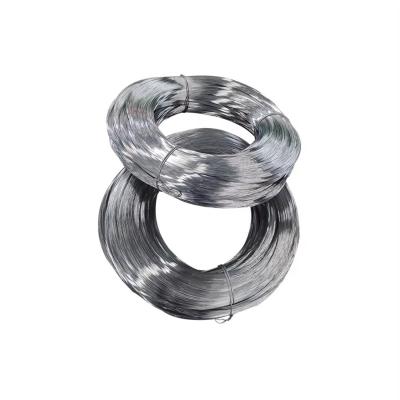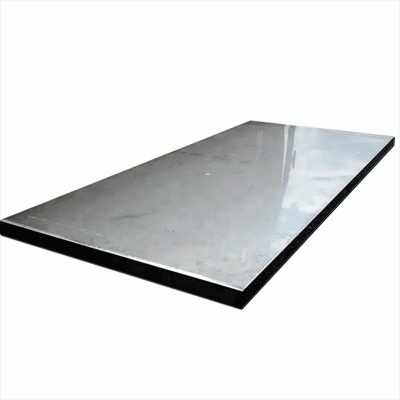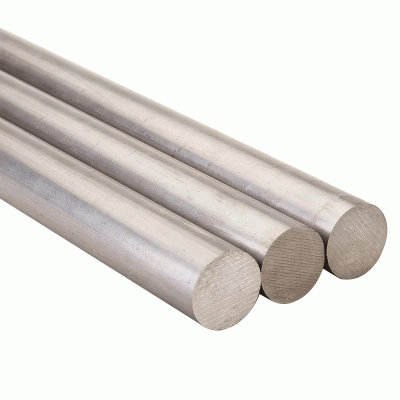What is Nickel Alloy and Inconel?
The answer to the question 'what is Nickel Alloy and Inconel' has an interesting answer.
Let's start with Nickel
Nickel is an extraordinarily adaptable aspect and has a outstanding vary of beneficial houses such as warmth and corrosion resistance, electrical and magnetic abilities as nicely as a low enlargement level. As an brought benefit, it can additionally be effortlessly bonded with a variety of special alloys.
Nickel's adaptability and herbal houses make it a very beneficial metal. This has resulted in it being used to make a vast range of nickel alloys.
So, what is Nickel Alloy and Inconel?
'Nickel alloy' is a familiar time period that refers to a grade of steel that has a especially excessive composition of nickel inside it. Inconel is certainly a unique range of nickel alloy.
When you exchange the chemical composition of the alloy in question, this consequently adjustments its benefits. Different advantages imply that one of a kind nickel alloys have unique industrial uses.
Some of these makes use of include:
– Aircraft gasoline turbines
– Steam turbine energy plants
– Medical applications
– Nuclear energy systems
– Chemical and petrochemical industries
Many of these purposes require the cloth to be resistant to each corrosion and heat, as a result why nickel and nickel alloys are such a appropriate fit.
Of all the nickel alloys out there, Special Piping Materials in particular specialises in two varieties. Inconel Alloy 625, which is made up of a minimal of 58% nickel, and Inconel Alloy 825, which is made up of between 38-46% nickel. Both of these merchandise are regarded to function very nicely in corrosive environments.
Special Piping Materials is capable to supply any kind of product – such as spherical bar, flanges or even seamless pipe in Inconel Alloy 625 and Inconel Alloy 825.
Moving on to Inconel
Inconel is a group of particularly austenitic nickel-chromium-based so-called 'super alloys'.
As previously mentioned, one of Inconel's benefits is its ability to be used in 'extreme' environments. These 'extremes' are either extreme temperature or extreme pressure. This is because when Inconel is subjected to very high heat it forms a very stable oxide layer which thus protects the surface of the metal from further corrosion. This process is called 'passivation' and it is a very beneficial chemical reaction that effectively means that Inconel builds its own 'shield' against future damage.
This passivation process also results in Inconel being able to retain its strength over a very wide range of temperatures. Other metals, such as aluminium, may not be able to withstand.
Applications of Inconel
The significant benefits of Inconel mean that it can be found in a variety of different markets and industries such as:
– Marine
– Aerospace
– Nuclear
– Chemical Processing
– Oil & Gas
– Automotive
The range of applications Inconel has is vast and it is commonly used in high performing equipment that is required to be reliable even in difficult circumstances. For example, within the oil & gas industry, it is common to find it in chemical processing and pressure vessels, well pump motor shafts, steam generators and even turbine blades, seals and combustors.
Speaking of highly sensitive applications, Inconel can even be found to be part of the core components of nuclear pressurised water reactors.
In a change of pace, Inconel is also very prevalent within the automotive industry. It can be found in both Formula One and NASCAR exhaust systems and it has also been used in the turbo systems of new cars and motorcycles where exhaust temperatures can reach more than 1,000°C.
From nuclear power to spectator sports, Nickel Alloy and Inconel really have found their way into all types of highly pressurised environments. It is safe to say that it is a vital material grade and a clear choice for many engineers looking to build a high functioning and stable product.
Let's focus on Inconel Alloy 625
Inconel Alloy 625 was created in the 1960s with the purpose of creating a substance that could be used as steam-line piping. It has an impressive capacity to withstand high stress and a wide spectrum of temperatures. Its ability to become 'passive' means that it also can protect itself against corrosion and oxidation, in many different situations such as in water, in air and even in acidic environments.
Since Inconel 625 was originally developed, some changes have been made that have enabled it to be much more weldable and 'creep-resistant'. 'Creep -Resistant' is where a solid material moves or deforms very slowly but permanently under the influence of persistent mechanical stress.
These modifications have allowed Inconel to be used in a wider range of applications, such as in the chemical processing industry and to make pumps, valves and other high-pressure equipment in the marine and nuclear industries.
Some product and technology applications of Inconel 625 include:
– Seawater components
– Flare stacks
– Aircraft ducting systems
– Specialised seawater equipment
– Chemical process equipment
– Turbine shroud rings
– Engine thrust-reverser systems
– Jet engine exhaust systems



